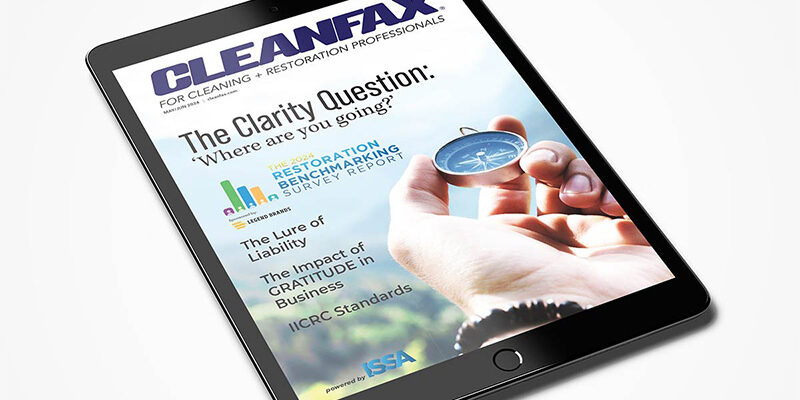Workplace Concerns to Consider in 2024

The new year is a time of assessment, evaluation, and improvement—not only personally, but for businesses as well. Analytics firm Gallup recently named six workplace issues that managers should address when reviewing their organizational plans for 2024.
1. High Worker Stress
According to Gallup’s 2023 State of the Global Workplace report, employee stress across the globe has hit record highs. When asked, 51% of the report’s respondents in the United States and Canada said they had experienced a lot of stress the previous day. Moving into the new year, if employee stress continues to rise, it could also threaten the next concern—engagement.
2. Employee Engagement
The good news is that employee engagement, which took a bad turn after the COVID-19 pandemic, is slowly starting to improve, says Gallup. But connectivity to a company’s mission and purpose is going down among workers as well. Inspiring employees to go above and beyond the bare minimum will continue to be a challenge for managers in the upcoming year.
3. Trust in Leadership
Gallup reports that just 23% of U.S. employees strongly agree that they trust their company’s leadership. However, in 2023, trust was on the rise, following a large decline during the COVID-19 pandemic. According to Gallup, communicating clearly, spearheading and supporting change, and inspiring confidence in the future all lead to a significant increase in worker’s trust, with 95% of employees saying they fully trust their leaders who demonstrate such people skills.
4. Manager Burnout
Stress and disengagement can affect management as much as it does subordinate workers—and even more so. According to Gallup, in 2023, managers were more likely than nonmanagers to be disengaged, burnt out, and looking for a new job. They were also more likely to think that the company didn’t care about their wellbeing, and they struggle more with work-life balance. Gallup foresees the need for more training and support to help managers avoid the pitfalls of what it terms “manager squeeze.”
5. Long-Term Hybrid Strategies
Hybrid work appears to be here to stay. Gallup reports that, since mid-2022, U.S. work location trends have mainly stabilized. With hybrid work more the norm, long-term strategies need to be developed that take that fact into account. Gallup suggests improving workplace value proposition, encouraging more effective collaboration, and focusing management training on hybrid work situations.
6. Thoroughly Considering Hybrid Work
According to Gallup, hybrid work can be great, but only if it’s approach correctly. Advantages of going hybrid higher employee engagement, better overall worker wellbeing, and lower turnover rates than fully on-site workers who could be working remotely. But there’s also a downside, including communication issues, different work schedules, less collaboration, and decreased creativity. So, if your organization is moving in the direction of hybrid work, the pros and cons need to be carefully discerned, and appropriate strategies need to be developed to handle the challenges.












